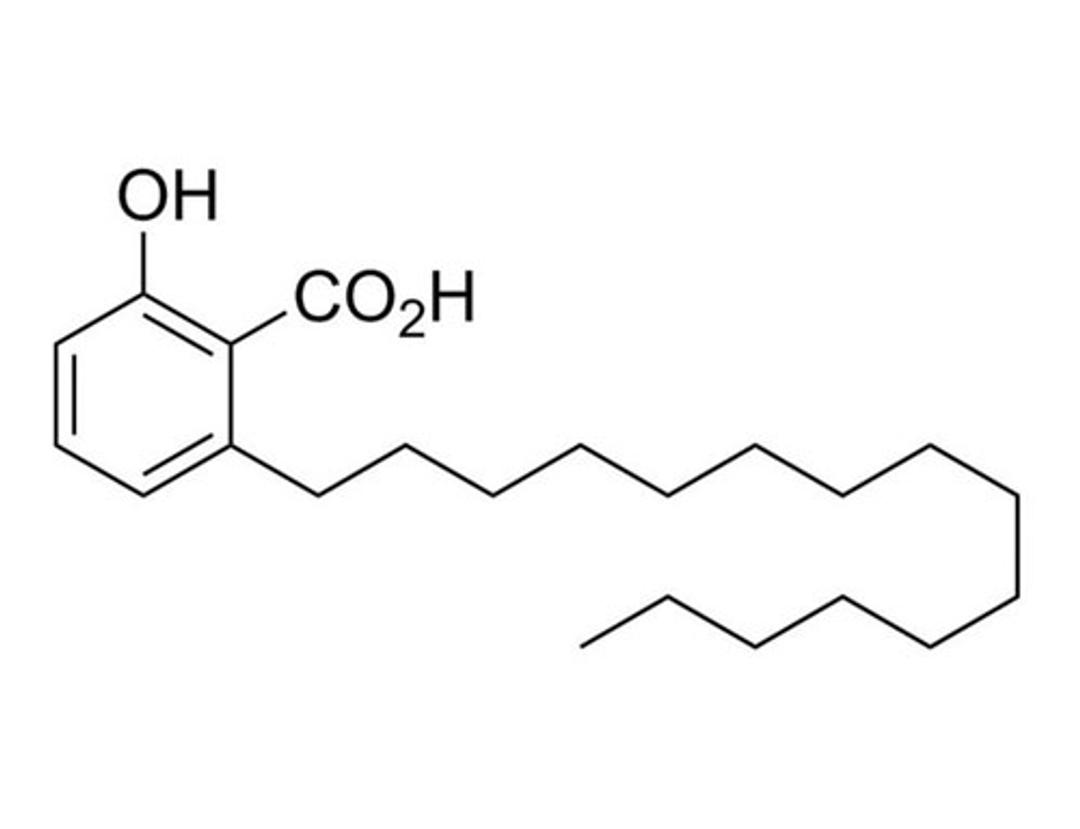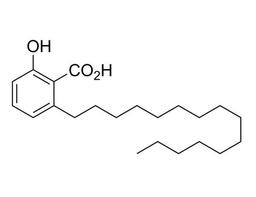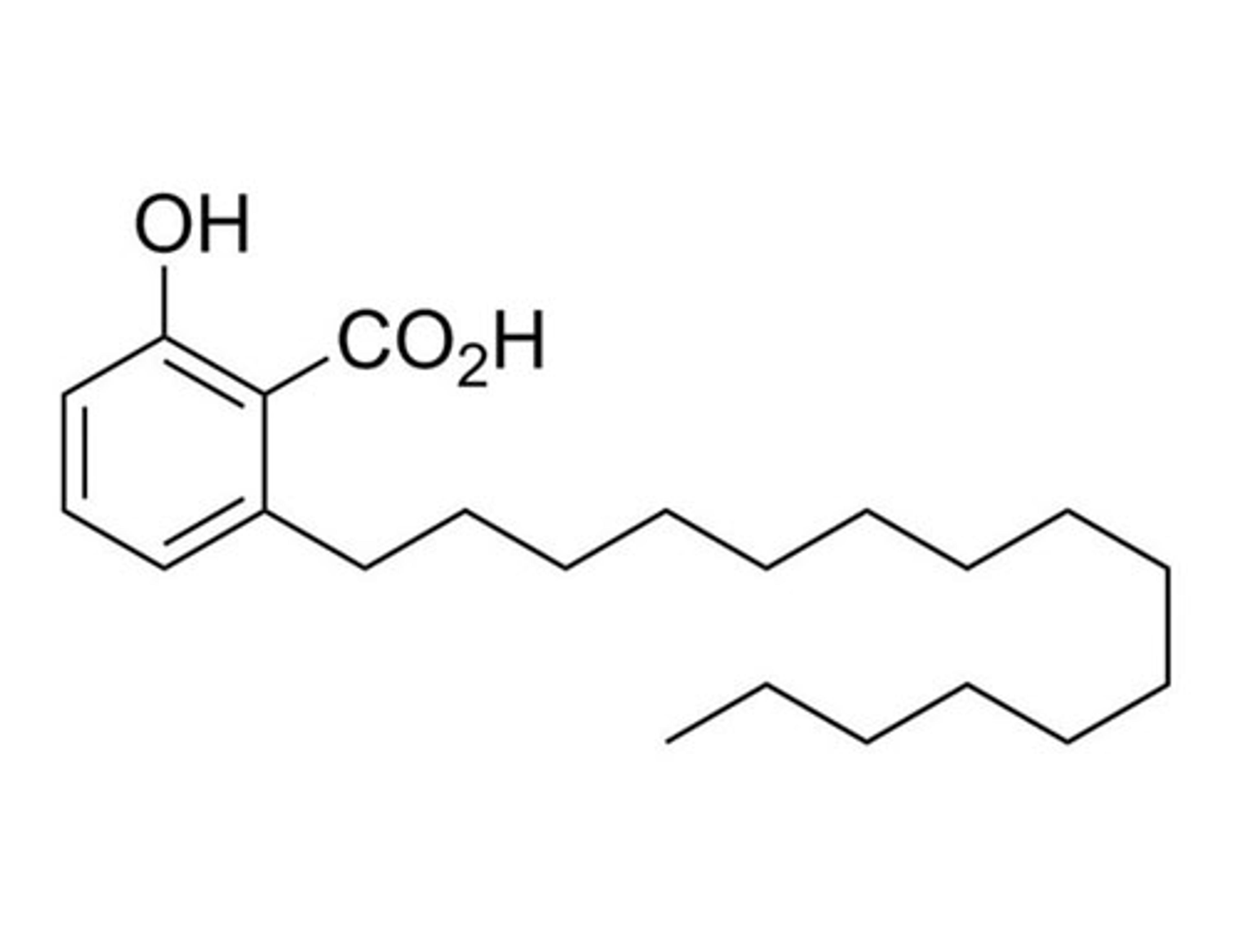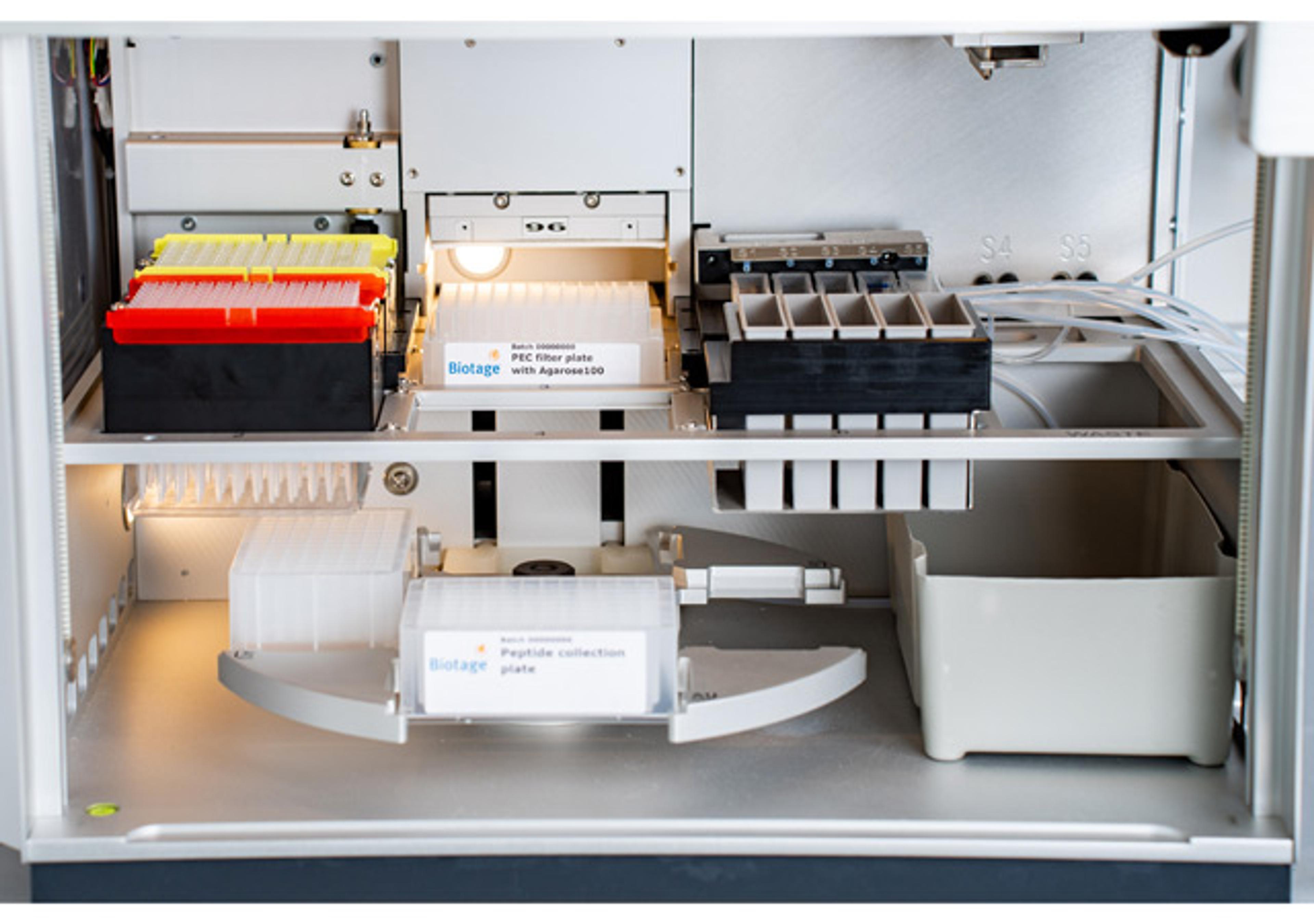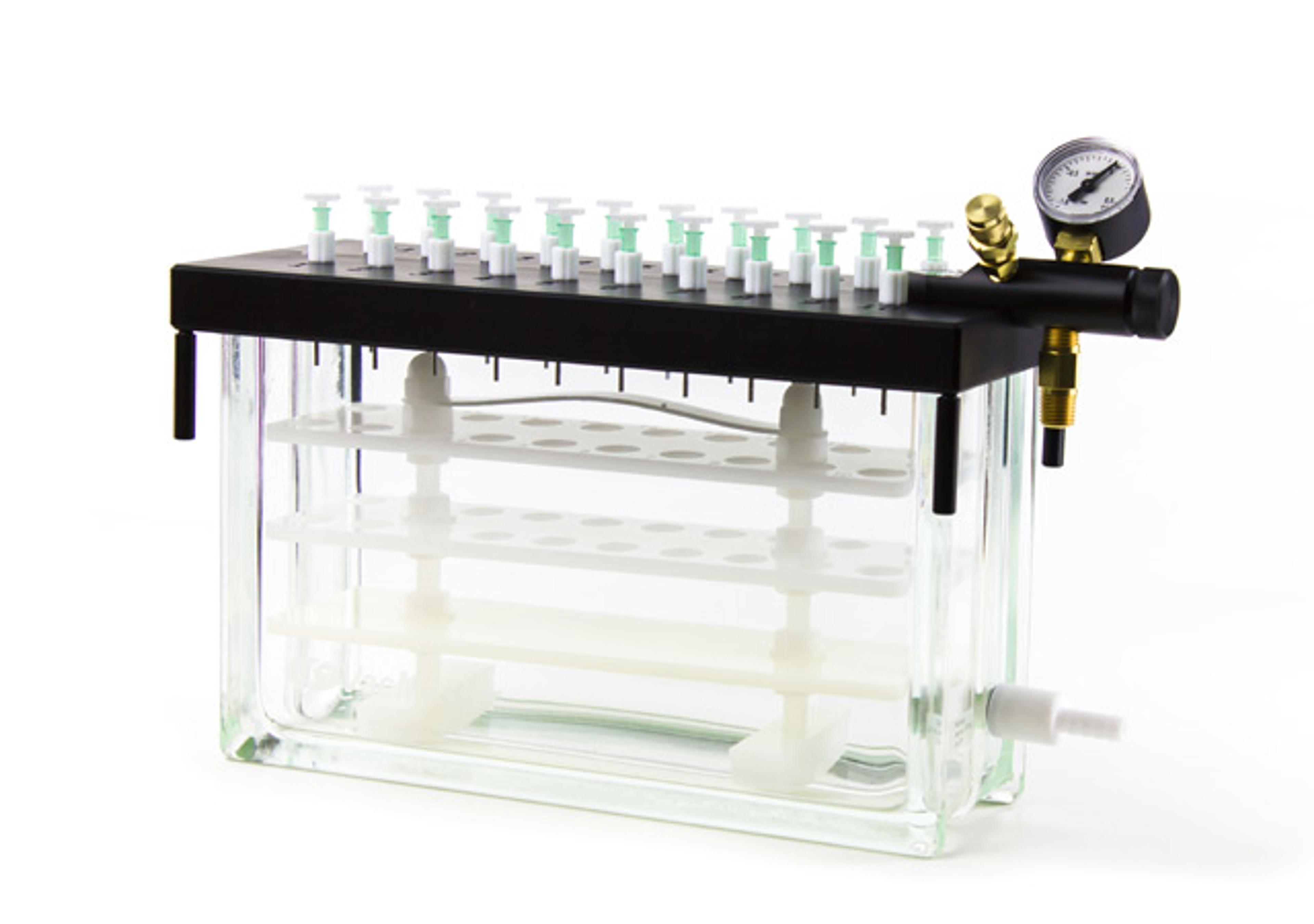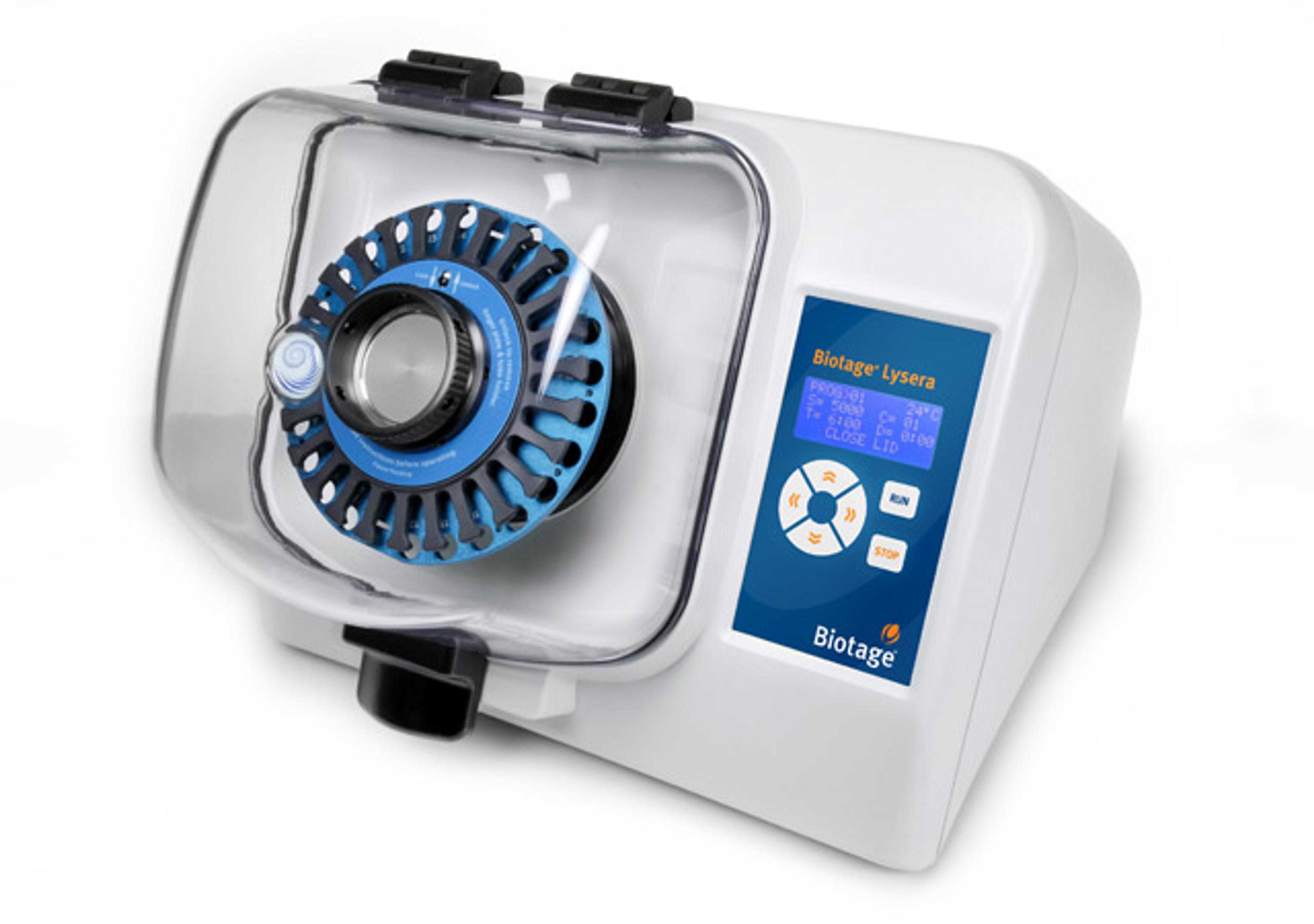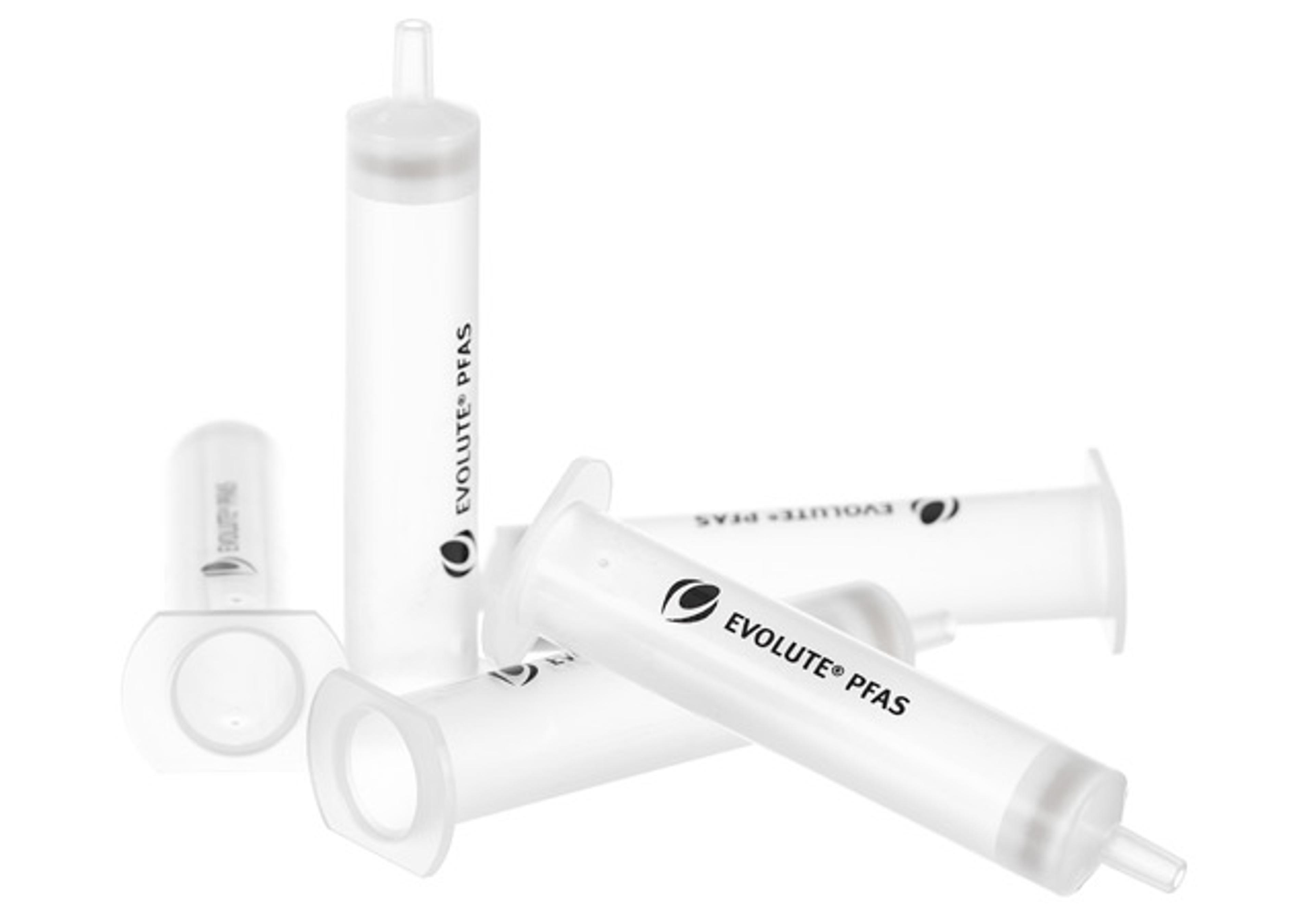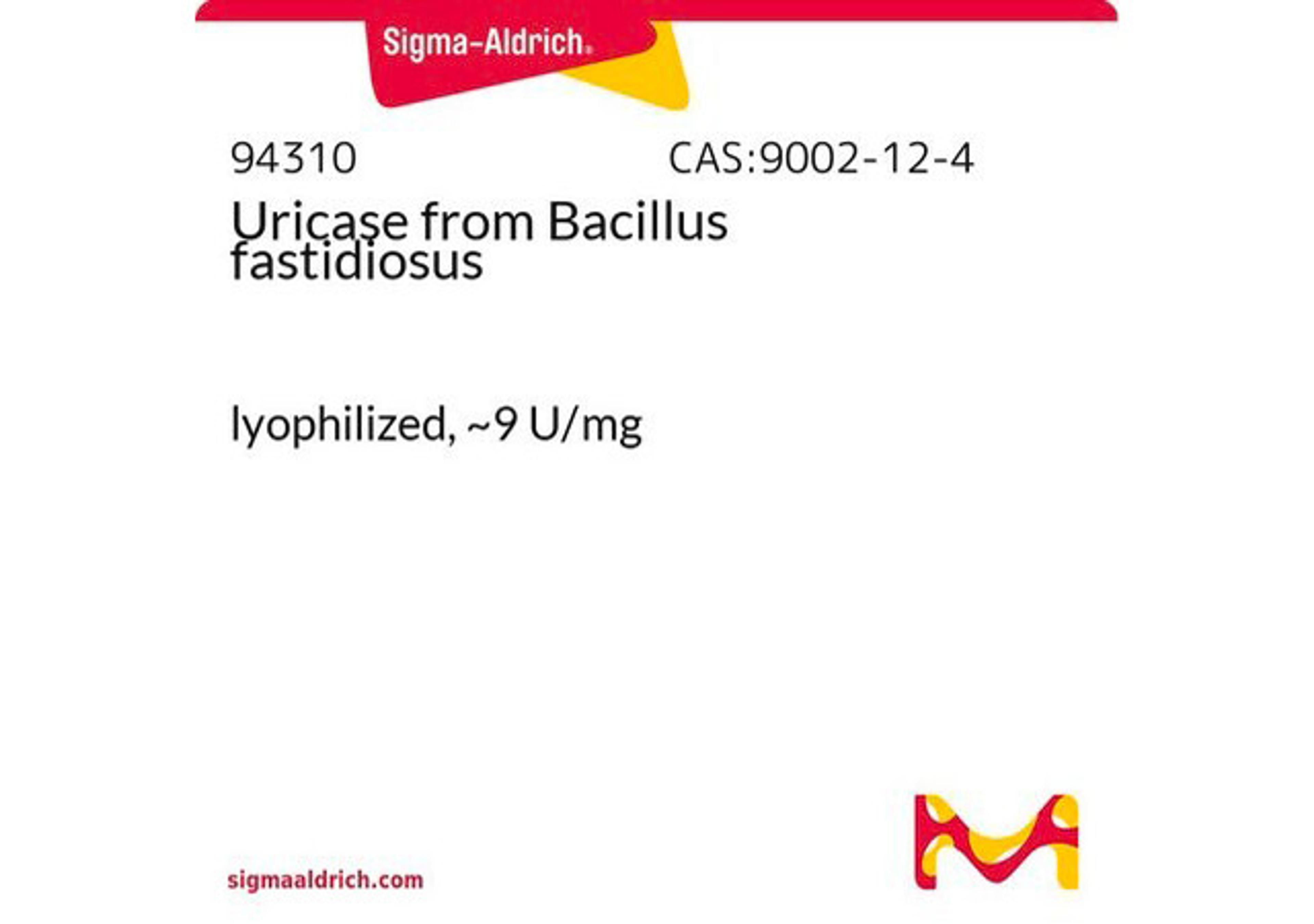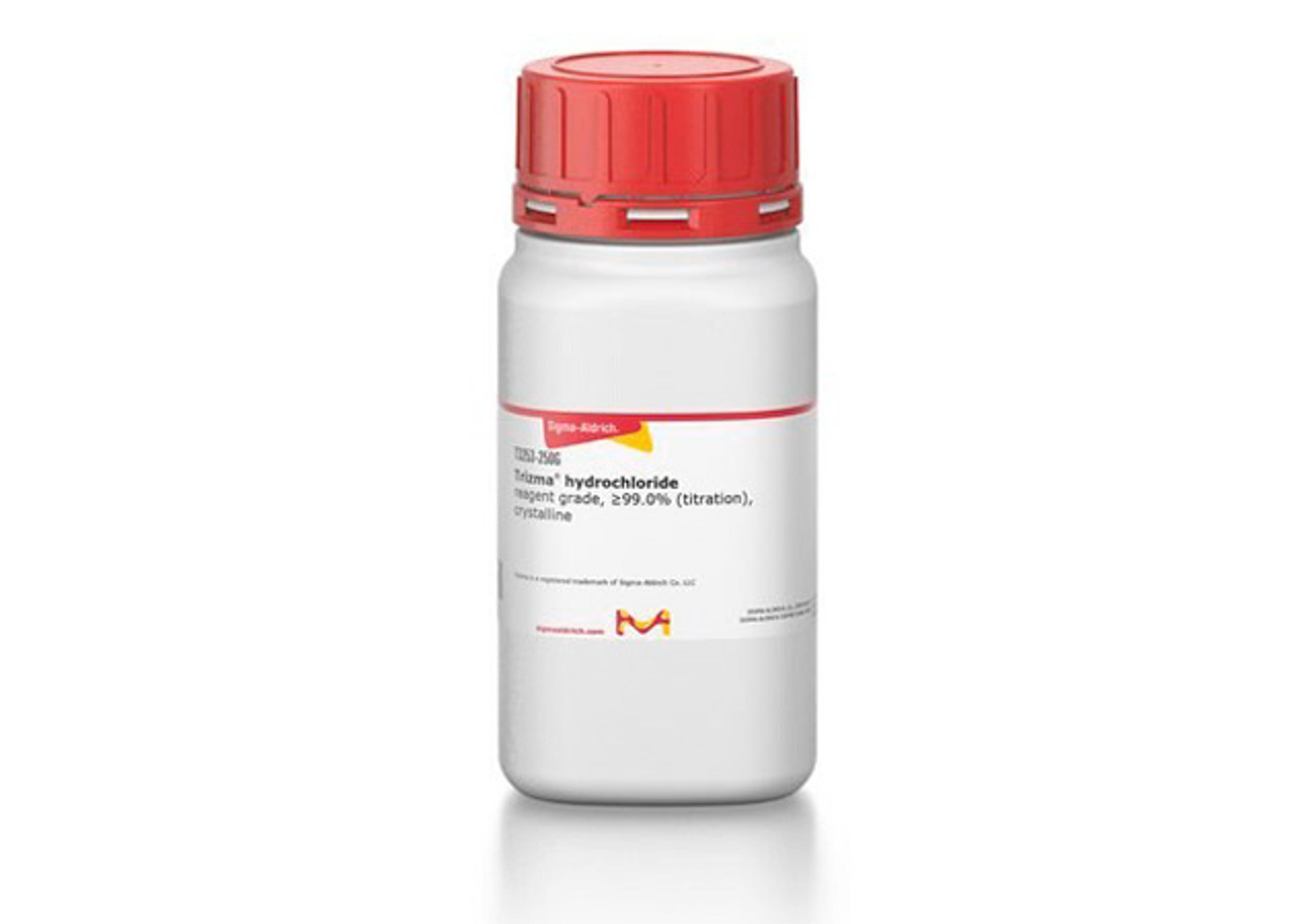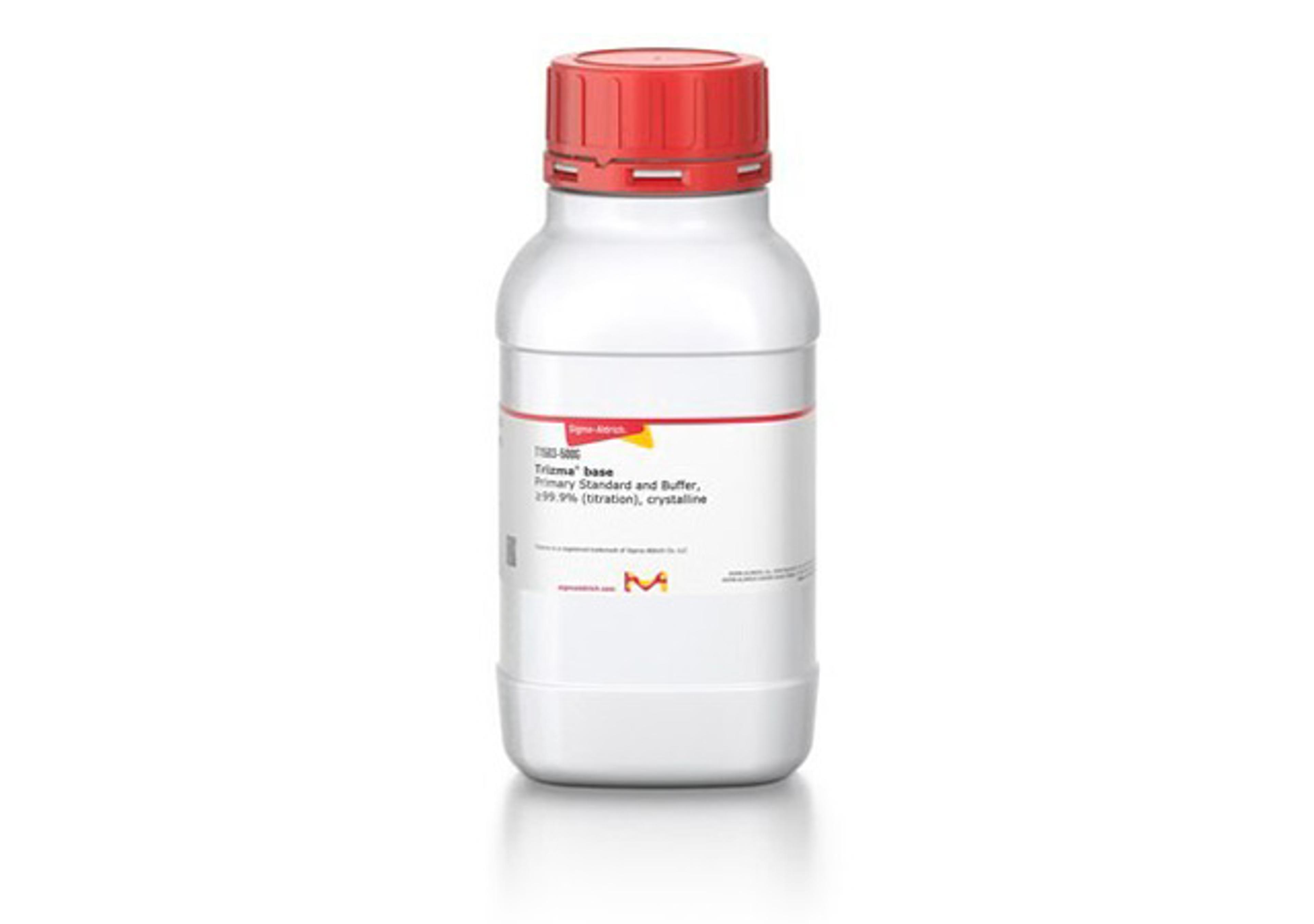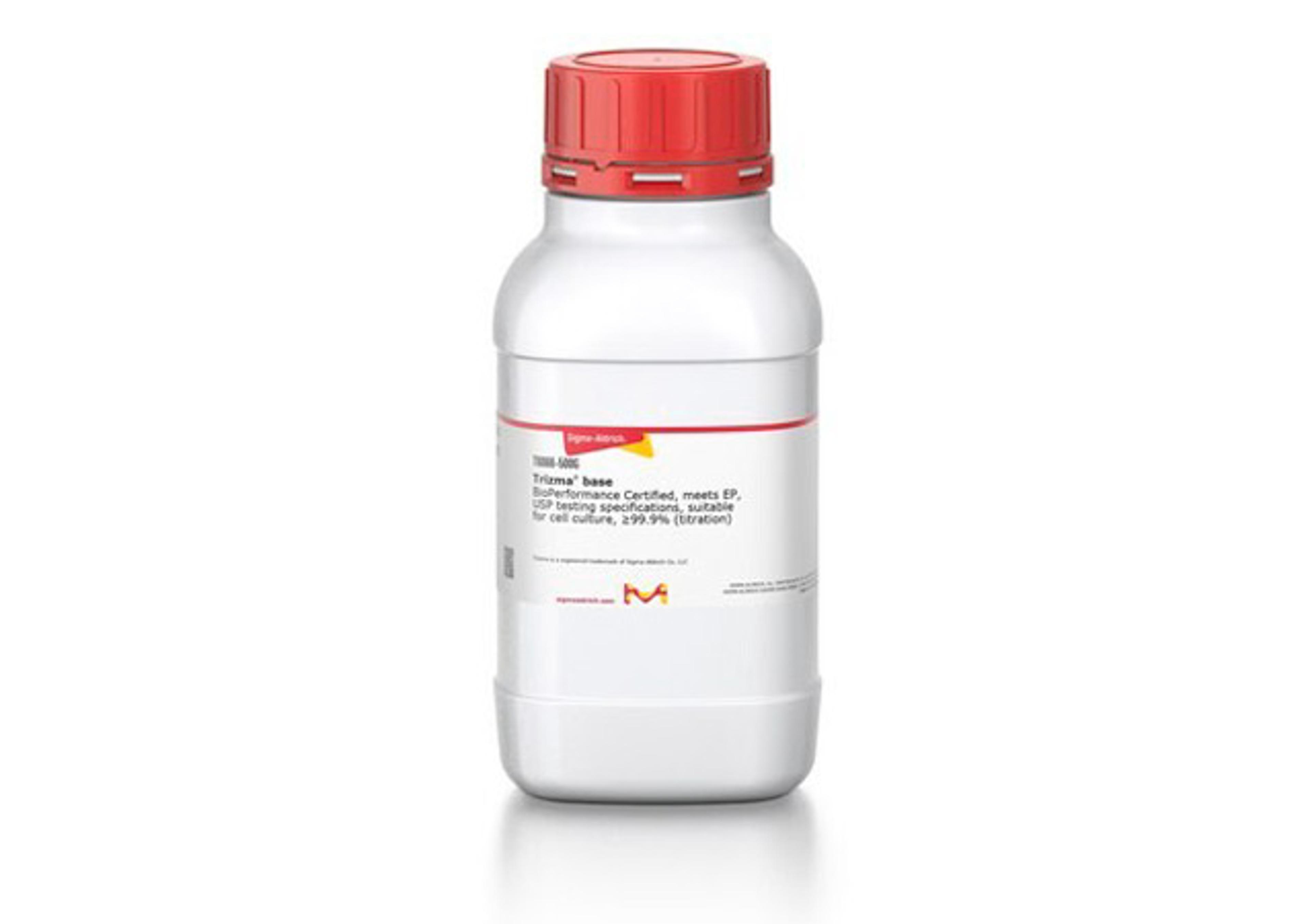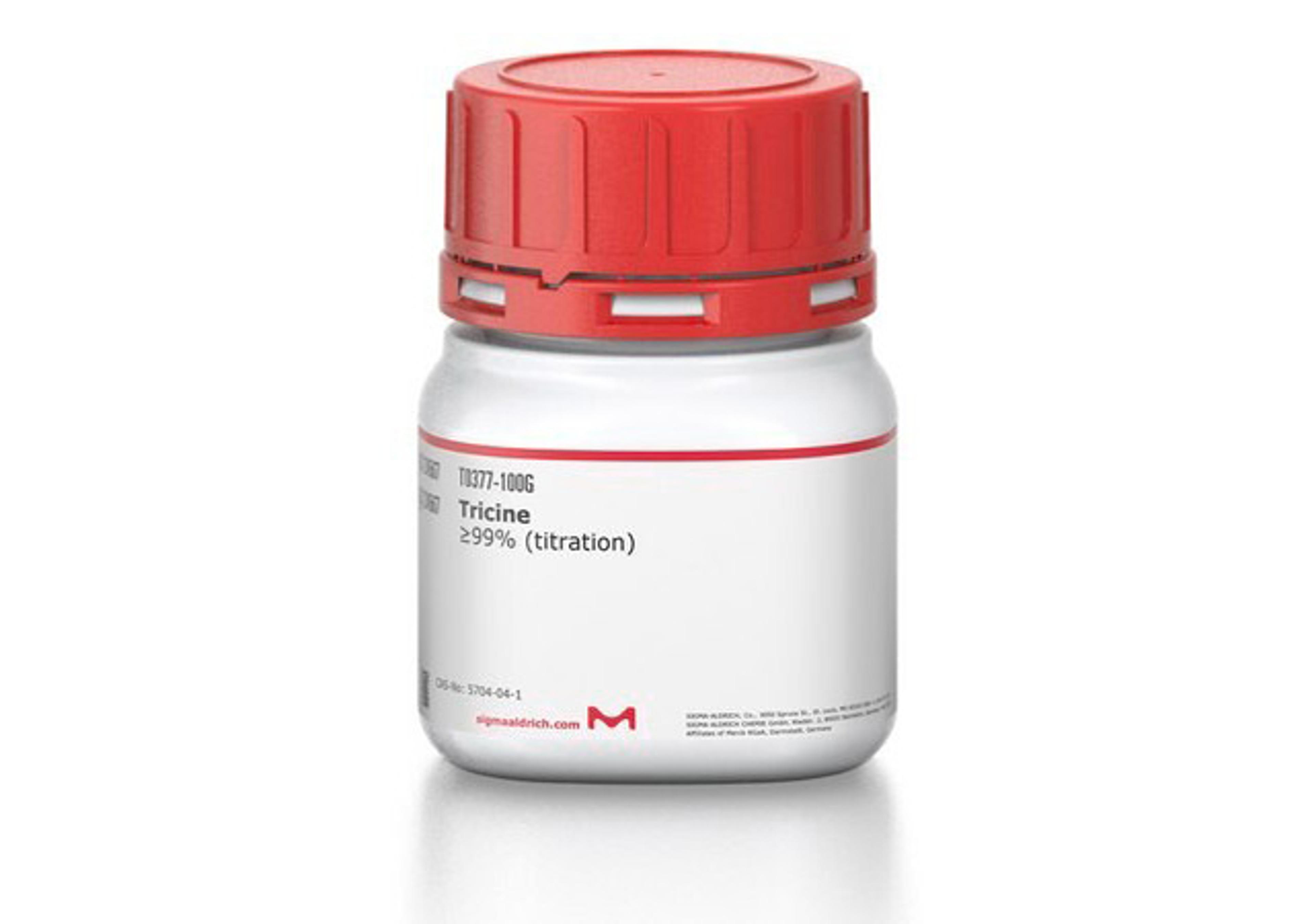Anacardic Acid
Epigenetic modifier; Inhibits histone acetyltransferase (HAT)

The supplier does not provide quotations for this product through SelectScience. You can search for similar products in our Product Directory.
Anacardic Acid is a 6-alkyl salicyclic acid that inhibits the histone acetyltransferase (HAT) activity of the transcription co-activators p300 and p300/CREB-binding protein-associated factor (pCAF; IC₅₀ values of 8.5 and 5 µM, respectively; Balasubramanyam et al.). Anacardic Acid inhibits HAT-dependent transcription and protein SUMOylation (Cui et al.; Fukuda et al.). In addition, Anacardic Acid is an activator of Aurora kinase A-mediated phosphorylation of Histone H3 (Kishore et al.). At higher concentrations (25 µM), Anacardic Acid suppresses NF-κB activation and inhibits IκB-α phosphorylation (Sung et al.).
DIFFERENTIATION
- Enhances cardiomyocyte differentiation from mouse embryonic stem cells (Re et al.).
IMMUNOLOGY
- Induces macrophage activation (Gnanaprakasam et al.).
- Exhibits inhibitory and bactericidal activities against methicillin-resistant Staphylococcus aureus (Muroi & Kubo).
CANCER RESEARCH
- Potentiates the apoptosis induced by cytokine and chemotherapeutic agents in cancer cells (Sung et al.).
- Sensitizes tumor cells to ionizing radiation in vitro (Sun et al).

